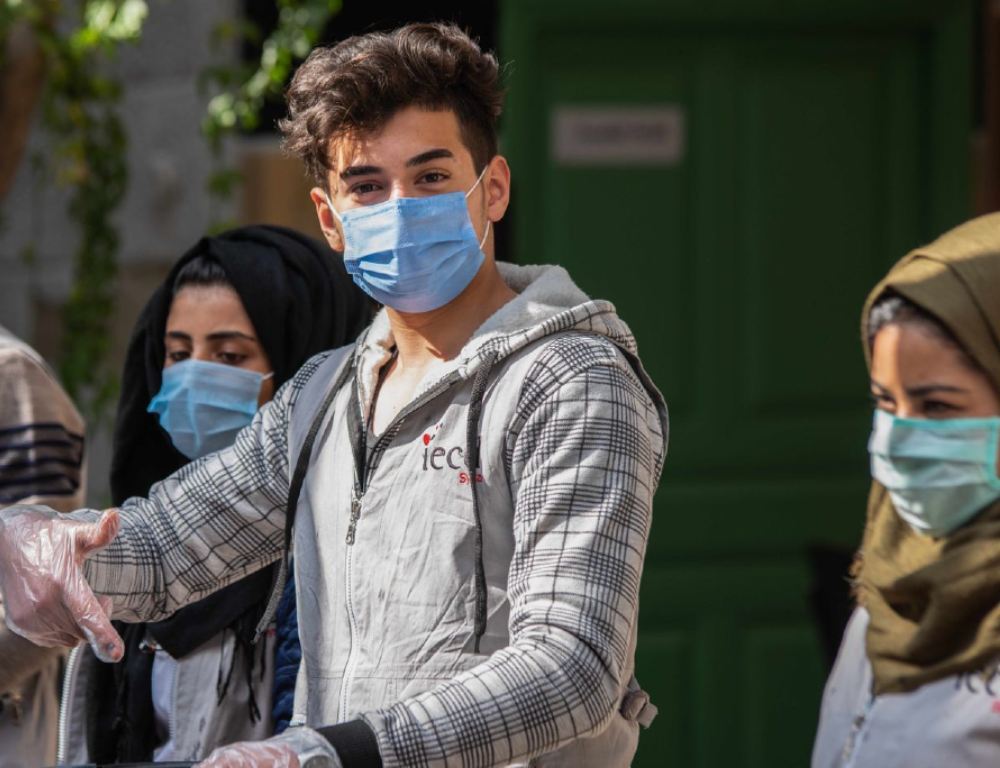


The Regional High-Level Meeting on Young People’s Learning, Skilling, Social Inclusion and Transition to Decent Work will take place on 23-24 May 2022 and is co-organized by the International Labour Organization, the United Nations Development Programme, the United Nations Population Fund and the United Nations Children’s Fund under the UN Arab States Issue-Based Coalition for Adolescents and Youth.
The event is co-organized by the International Labour Organization, the United Nations Development Programme, the United Nations Population Fund and the United Nations Children’s Fund under the UN Arab States Issue-Based Coalition for Adolescents and Youth.
The transition from learning to work is a key priority for adolescents and young people across the region. The meeting brings together Government Officials from key sectors, private sector and UN in dialogue with young people themselves to enable an exchange of good practices, and to converge towards a shared vision to support young people’s transition from learning to decent work. It will provide recommendations from the Arab States / Middle East and North Africa Region to the upcoming UN Secretary General’s Global Summit on Transforming Education in September 2022.
The Regional Meeting is co-organized by four UN agencies: ILO, UNDP, UNFPA and UNICEF, under the umbrella of the Issue-based Coalition on Youth and Adolescents. It is being held in partnership with the Ministry of Labour in Jordan on 23 and 24 May 2022.
The young people participating in this meeting were selected from working groups and other activities engaged in the networks of the organizing agencies who have been working on projects in support of learning and young people. For diversity and wider impact, the selection was based on a number of criteria including gender, geographic location, socioeconomic background, their engagement in their communities and with their peers, refugees and host communities, and socioeconomic groups.
Youth are the core and the beating heart of this event. The role of youth is two folds:
Eighteen countries are participating in the event with national delegations. These are: Algeria, Djibouti, Egypt, Iraq, Jordan, Kuwait, Lebanon, Libya, Morocco, Oman, The State of Palestine, Qatar, Saudi Arabia, Somalia, Sudan, Syria, Tunisia and Yemen.
While the physical participation is limited to the invited delegations, the event will be streamed online. You can follow the event, ask questions and take part in discussions on the links provided on this webpage.